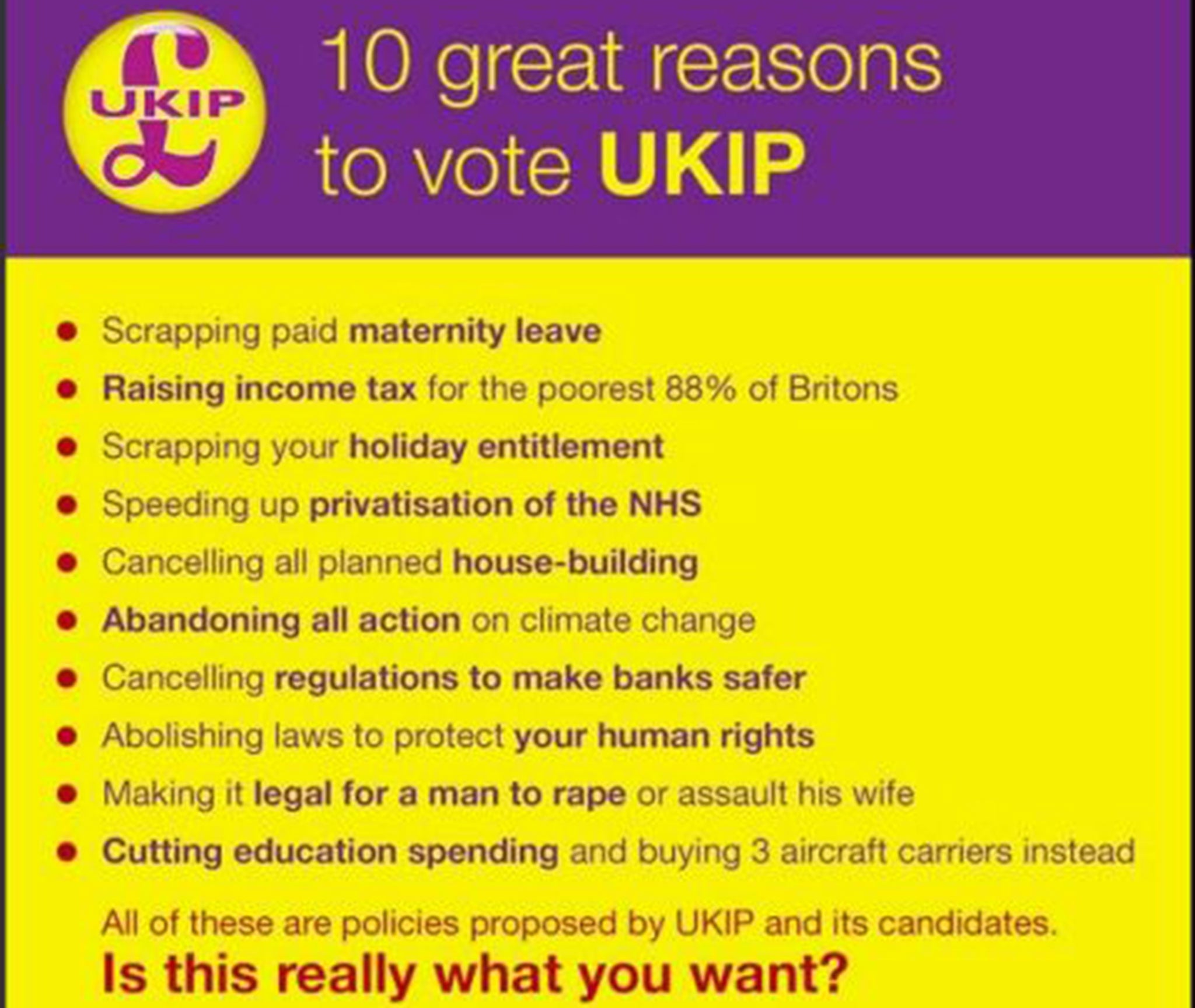Errors and Omissions: We hope to see a downturn in the use of upcoming
This week's howlers in the Independent


We had “upcoming” in a news story this week, which allows me to relate one of my favourite stories. Bernard Kilgore, editor of The Wall Street Journal from 1941 to 1967, disliked the word and, after seeing it in a published story one time too many, sent a memo to the staff on a lower floor: “The next time I see ‘upcoming’ in the paper I will be downcoming and someone will be outgoing.”
We said on Tuesday that two police officers did not want to “undermine their appearance of impartiality ahead of the upcoming elections”. All most odd, because the police have to be politically impartial at all times. We could simply have said that they did not want to appear to be involved in politics.
In a back page “puff”, a short trailer at the top of the page to advertise what is inside, we said on Tuesday: “City midfielder defends champions over the amount of foreigners in their squad.” We hesitate to describe “amount” rather than “number” as “wrong”, of course we do, but we should know that the reader instinctively regards formal grammar as more authoritative.
We had “forbears” where we should have had “forebears” in the opening paragraph of our lead feature on Tuesday. The meaning was clear from the context, “the last of my forbears to drop dead”, but we should avoid making the reader stumble. “For” as a prefix means against, whereas “fore” means before. Thus forgo means to go without and forego means to go before or in front of.
Forbear means to bear something with restraint, and a forebear is “one who went before”, “bear” being a variant, so the online Oxford Dictionary tells me, of be-er, someone who exists.
A headline on Thursday showed the dangers of passive verbs: “Ukip pressed for apology after fall in Romanians and Bulgarians.” It looked at first glance as if Ukip were doing the pressing. “Ukip apology demanded …” would have been a better form of the passive, and would have fitted in the same space, but perhaps we could simply have asked: “Should Ukip apologise ...?”
We described two articles in rival publications as “lengthy” yesterday, in our report of the sacking of Jill Abramson, executive editor of The New York Times, when we appeared to mean no more than “long”. “Lengthy” means “overlong” to me, and it might be worth trying to reserve it for that meaning. Otherwise, what is the point of having two separate words?
Not much wrong with the newspaper this week, so I will pause to praise Jonathan Brown for his report on Thursday about the founder of Facebook. The headline was: “So, what does Mark Zuckerberg have in common with Shakespeare?” The first paragraph quoted Shakespeare’s Sonnet 134, and it was not until the third that the reader realised it was a news story – a news story! – about the modern habit of starting sentences with “So”. Hats off.
Guy Keleny is away
Join our commenting forum
Join thought-provoking conversations, follow other Independent readers and see their replies
Comments
Bookmark popover
Removed from bookmarks